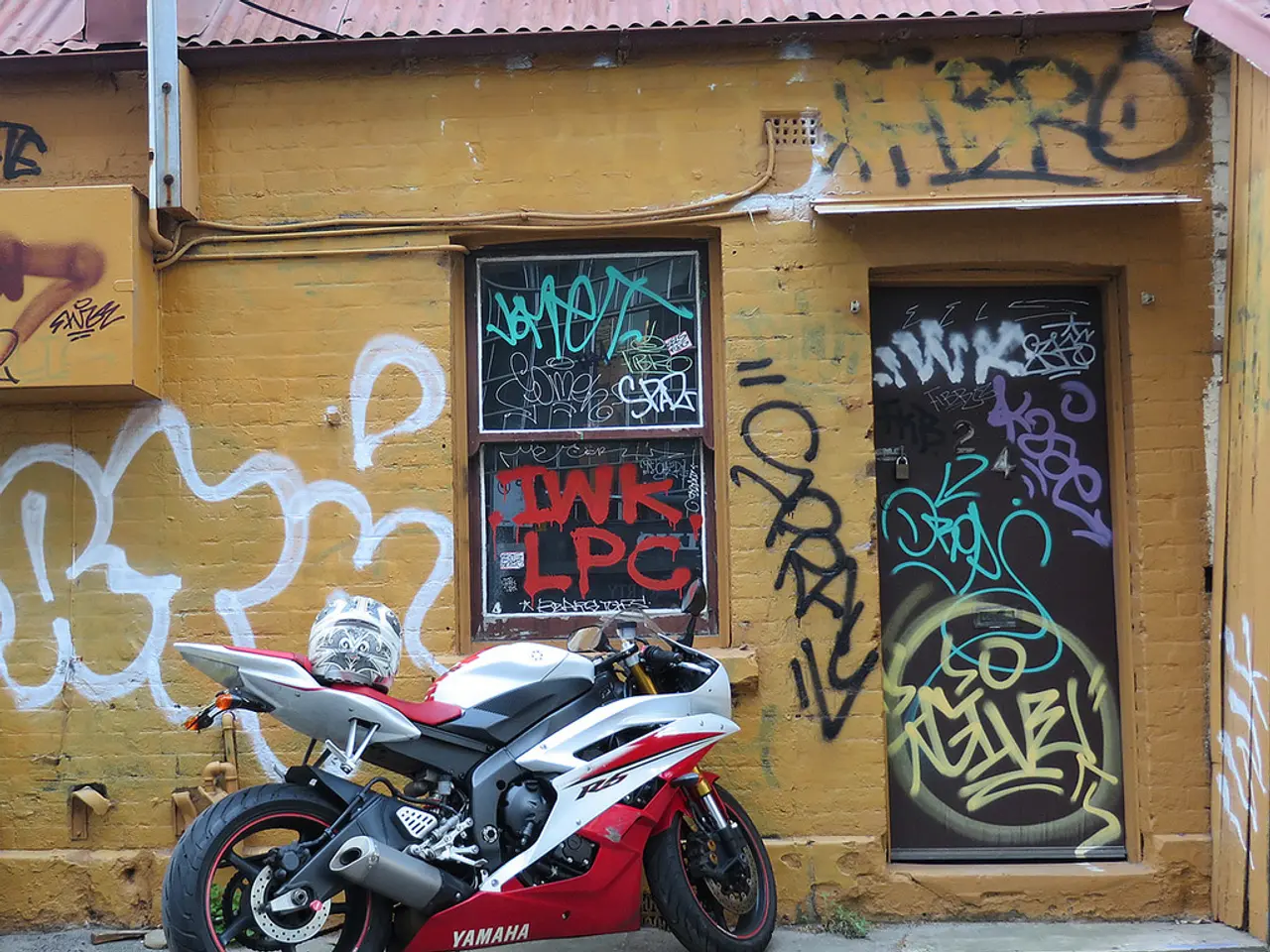Reinforcing the Need for Customs Union Update with Turkey, Accords Bolat
In a significant move towards deepening economic ties, the European Union (EU) and Turkey are working together to modernize their outdated customs union, first established in 1995. This update is seen as a necessity rather than a choice, with the aim of reflecting current economic realities and fostering a more robust and mutually beneficial trade relationship.
The renewed political and institutional commitment to this process was evident at the resumption of the High-Level Economic Dialogue in April 2025. This dialogue reflects a strong willingness on both sides to advance negotiations and reforms.
Turkey, with its advanced financial system and skilled workforce, has become a production hub near Europe, vital for reducing the EU’s dependency on foreign sources for critical products. As a result, the country has become the EU’s biggest trade and investment partner.
Concrete progress has already been made, with agreements on preferential quotas, import controls, electronic acceptance of movement certificates, and progress towards mutual recognition of Authorized Economic Operators' programs. Discussions on e-commerce rules and practices are also underway.
Turkish exporters, especially from sectors like apparel, urge an overhaul of the customs union to ensure a level playing field and facilitate trade, as the current agreement is seen as restrictive rather than facilitative.
The modernization of the customs union is expected to benefit both the EU and Turkey by enhancing competitiveness, economic security, and deeper integration into global supply chains. Key modernization areas include digitalization, trade in services, sustainable development, e-commerce, and next-generation trade policies.
Looking ahead, the bilateral trade volume between Turkey and the EU is expected to grow significantly. While the precise expected bilateral trade volume between the two for 2025 is not explicitly stated, the ongoing momentum and improved relations strongly suggest a growing trade partnership.
In a speech at a recent event, Turkish Trade Minister Omer Bolat emphasized the importance and potential benefits of updating the customs union. He also announced a comprehensive plan on visa liberalization, with the primary expectation being that visa liberalization will be implemented for Turkish citizens across all EU member states as soon as possible.
This potential for visa liberalization underscores the potential for even greater and deeper cooperation between the EU and Turkey. Bolat welcomed the positive step taken towards visa liberalization, stating that it is a necessity for both parties, with potential benefits for both sides.
The customs union between Turkey and the EU was established on January 1, 1996. Since then, Turkey’s exports to the EU have increased tenfold, making it the bloc’s fifth largest trading partner. European investments generate around $70 billion in export revenues annually for Turkey.
In conclusion, the modernization of the customs union aims to reflect current economic realities and foster a more robust and mutually beneficial trade relationship between Turkey and the EU in the near future. This update is expected to unlock further growth potential and cooperation between the two, strengthening their already strong economic ties.
- The modernization of the customs union between the EU and Turkey, initiated in 2025, is a crucial step in business and finance, aiming to help Turkish exporters compete on a level playing field and enhance the EU's economic security while reducing dependency on foreign sources.
- The expected growth in bilateral trade between Turkey and the EU, driven by the modernization of their customs union, is not only a development in general-news but also signifies a significant political and institutional commitment, as evidenced by the ongoing negotiations and reforms in the realm of business and politics.




